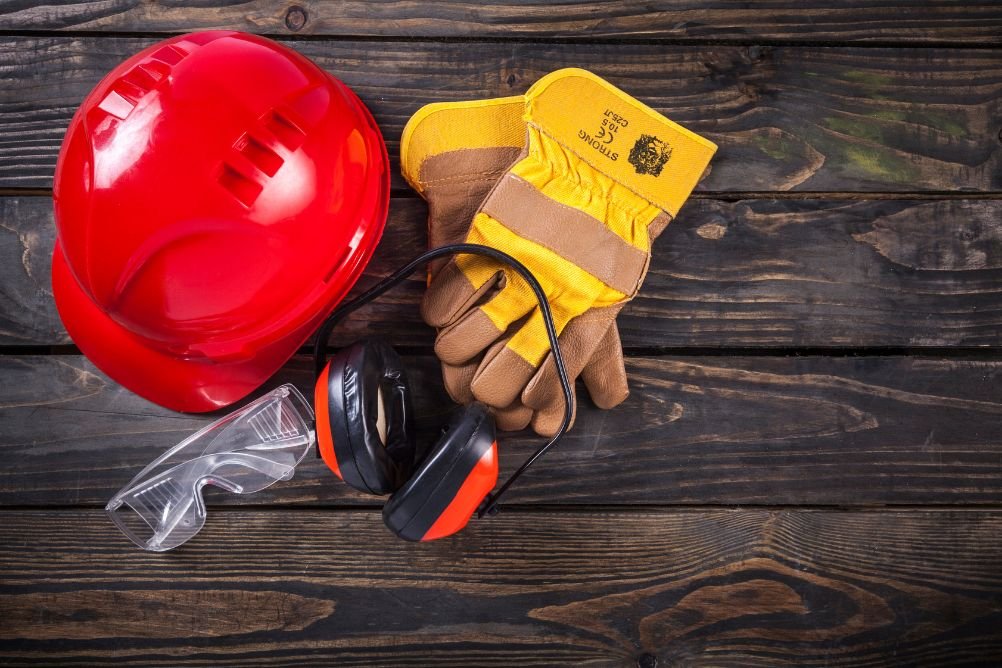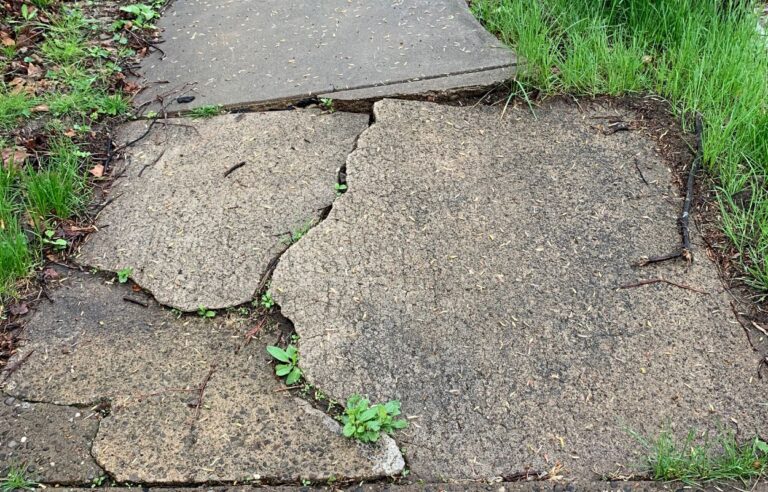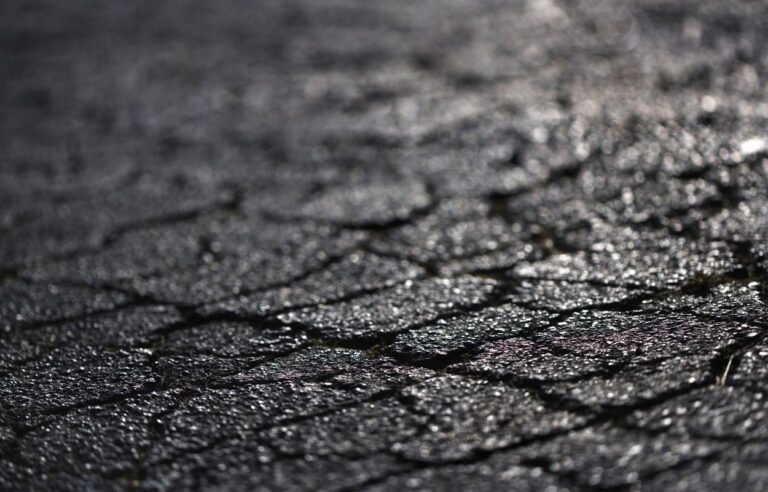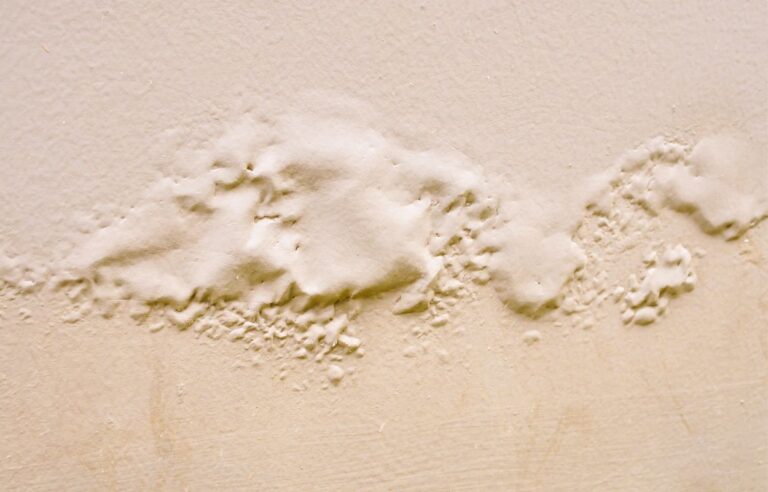
Demolition services play a crucial role in shaping the landscape of Vancouver Island. Whether it’s clearing the way for new construction projects or revitalizing existing structures, safety should always be a top priority on the worksite. This blog post will highlight the best practices to ensure a secure demolition worksite on Vancouver Island, emphasizing the importance of adhering to safety guidelines and regulations. By following these practices, demolition teams can mitigate risks, protect workers, and maintain a safe environment for all involved.
CONDUCTING THOROUGH SITE ASSESSMENTS
Before commencing any demolition project, it is essential to conduct a comprehensive site assessment. This involves identifying potential hazards, such as asbestos, lead-based paint, or structural instability. Engage the expertise of professionals who can evaluate the site and provide insights into the safest approach for demolition.
DEVELOPING A DETAILED SAFETY PLAN
A well-defined safety plan is the cornerstone of a secure worksite. It should outline specific safety procedures, equipment requirements, and emergency protocols. Ensure that the safety plan is easily accessible to all team members and regularly reviewed and updated as needed. Emphasize the use of personal protective equipment (PPE), including hard hats, safety goggles, gloves, and appropriate footwear.
PRIORITIZING WORKER TRAINING AND SUPERVISION
Proper training is crucial for all workers involved in demolition services. Ensure that all team members receive adequate training on the safe operation of machinery, handling hazardous materials, and emergency response. Supervisors should be present on-site to monitor and guide workers, ensuring compliance with safety protocols and addressing any concerns promptly.
IMPLEMENTING SECURE DEMOLITION TECHNIQUES
Choosing the right demolition techniques is vital for minimizing risks. Select methods that prioritize controlled and systematic dismantling, such as deconstruction, rather than implosion or wrecking balls. This approach allows for better control over debris, reduces the risk of collateral damage, and enhances the overall safety of the worksite.
PROPER WASTE MANAGEMENT AND DISPOSAL
Demolition generates significant amounts of waste materials, including debris and hazardous substances. Implementing an efficient waste management and disposal system is essential. Separate and dispose of different types of waste appropriately, following local regulations. Engage licensed waste disposal services to ensure safe handling and disposal of hazardous materials.
REGULAR EQUIPMENT MAINTENANCE AND INSPECTION
Maintaining and inspecting demolition equipment regularly is crucial for safe operations. Faulty machinery can lead to accidents and jeopardize the security of the worksite. Develop a maintenance schedule and ensure that all equipment is inspected, repaired, and tested before each use. Encourage workers to report any equipment issues promptly.
Demolition services on Vancouver Island require strict adherence to safety guidelines to prevent accidents, injuries, and environmental hazards. By conducting thorough site assessments, developing detailed safety plans, prioritizing worker training and supervision, implementing secure demolition techniques, managing waste properly, and maintaining equipment regularly, demolition teams can create a secure worksite. These best practices ensure the safety of workers, protect the environment, and contribute to the overall success of demolition projects. Remember, a commitment to safety is essential for the well-being of everyone involved in demolition services on Vancouver Island.
